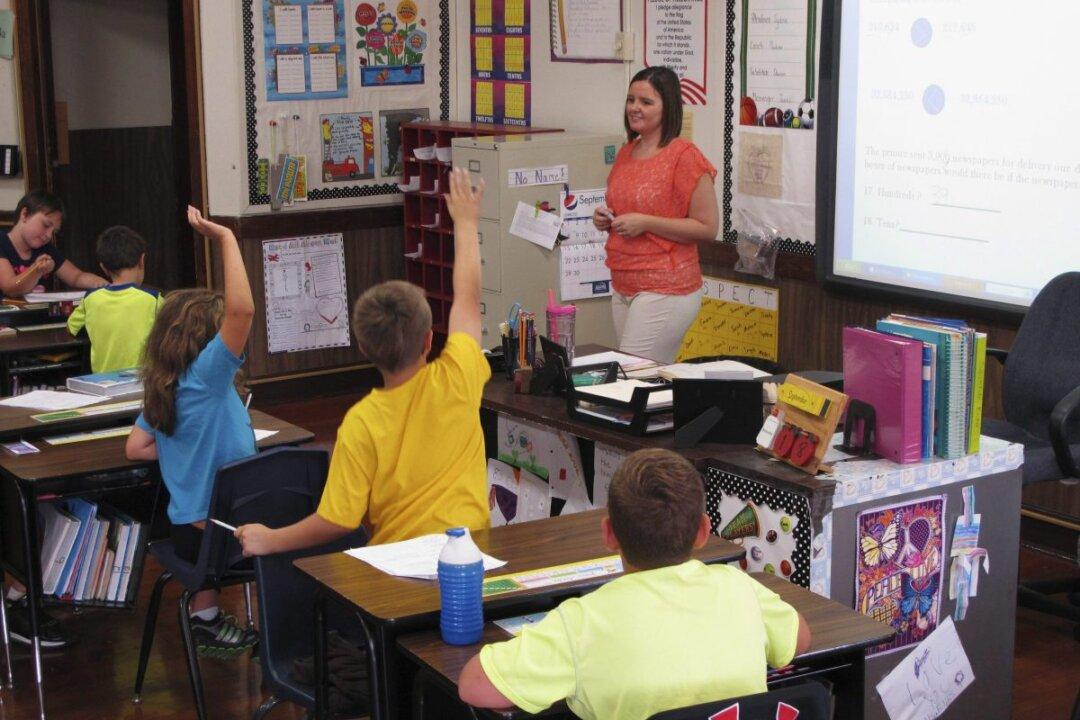Commentary
Twelve years ago, I took a big risk. I agreed to let the Frontier Centre for Public Policy publish a report I had written about overuse of computers in the classroom.

Twelve years ago, I took a big risk. I agreed to let the Frontier Centre for Public Policy publish a report I had written about overuse of computers in the classroom.